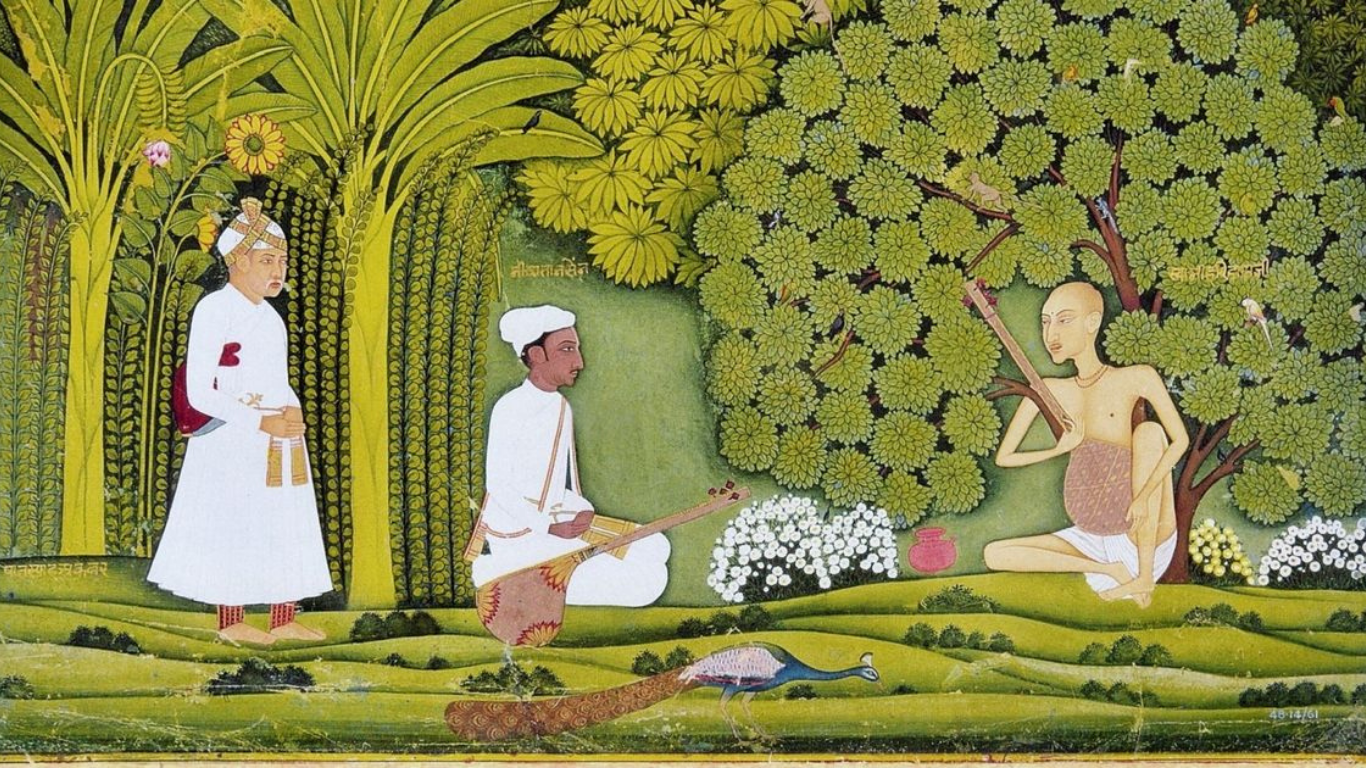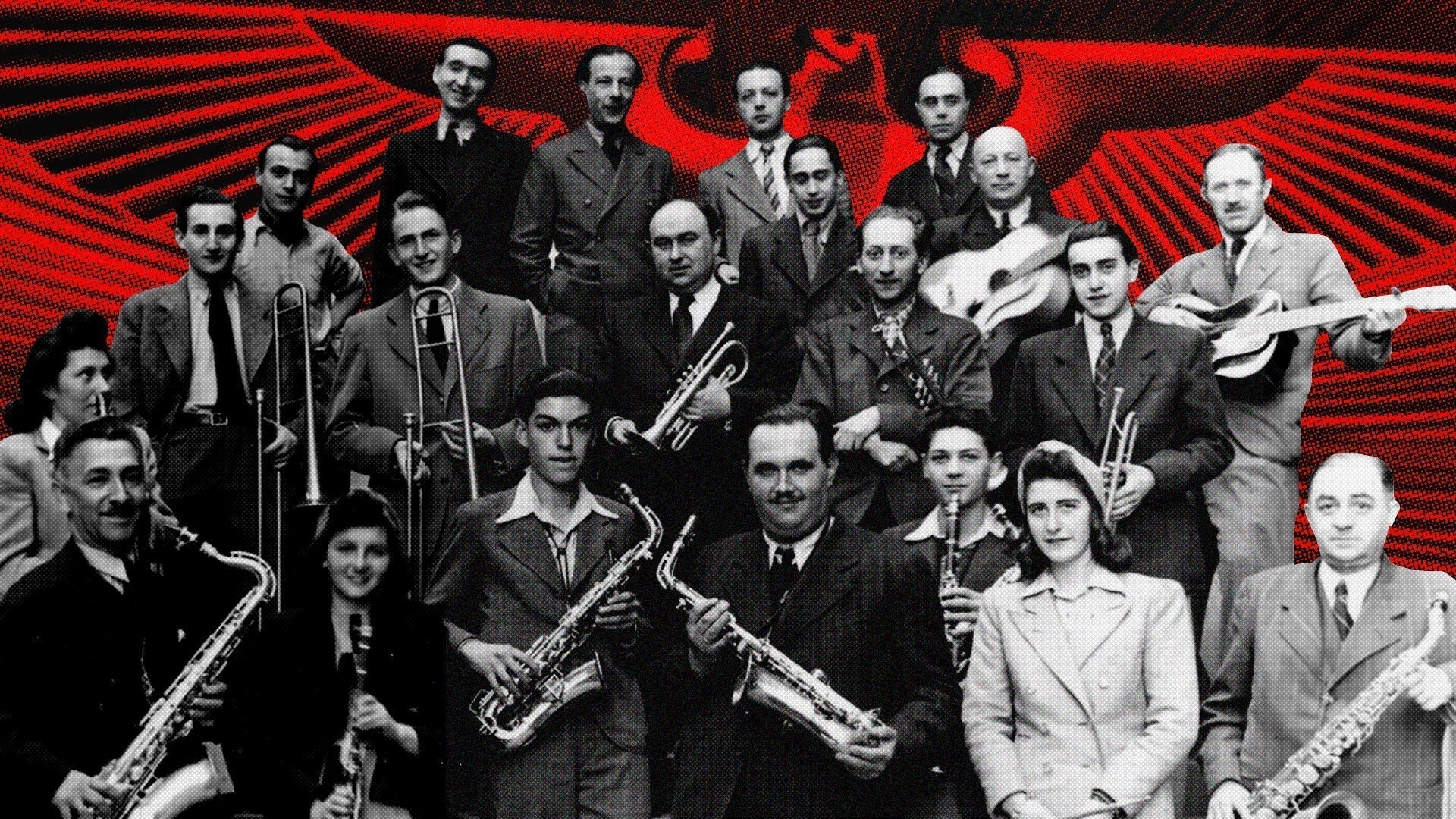The Sangeet Samrat Tansen

Many legends surround the personality of Tansen - one of the most excellent musicians that have graced our immensely vast yet syncretic nation. The enigma of the mighty Tansen is such that there is a very fine line that separates fact from fiction. There are instances where Tansen is known to have used his voice to tame a wild elephant that was captured for Emporer Akbar to ride. The other time he was challenged by other court musicians to sing in Raag Deepak, which lit up extinguished lamps, as well as himself, accumulating burns on his body. Eventually, he had to sing in Raag Megh Malhar to summon rains and cool down the environs.
Much of the information about Tansen comes from the Akbarnama - chronicled by Abul Fazl, one of the important personalities at the court of Akbar and his official biographer. It is difficult to construct his early life, evidently, he was born as Ramtanu circa 1500 CE in Gwalior, Madhya Pradesh to a wealthy poet and an accomplished musician named Mukund Pandey.
He showed extraordinary prowess for music from the start and was taken under the wings of Swami Haridas, a mystic musician and poet, for training. Another figure named Murshid Mohammed Ghouse of Gwalior, a Sufi saint influenced and introduced Sufism into Tansen’s life.
After his training, Tansen spent much of his life as a court musician at Raja Ramchandra Singh of Rewa and made a name for himself. His talent earned him recognition even before his association with the Mughal emperor Akbar. Only later in his life, probably at the age of 60, that Tansen transferred to the courts of Akbar and stayed till the end. His first performance at the court earned him the title of ‘Mian’ along with ₹2 lakhs.
The ragas invented by Sangeet Samrat Tansen still manifest as the backbone of Hindustani Sangeet, a thorough benchmark in the field of music still to this day. His tomb in Gwalior is a testament to his eminence where a tamarind tree throws shadows over it. Some say that upon chewing its leaves one is blessed with great musical qualities.
Read more: Tappa: Indian Classical "Rap Music"






Comments